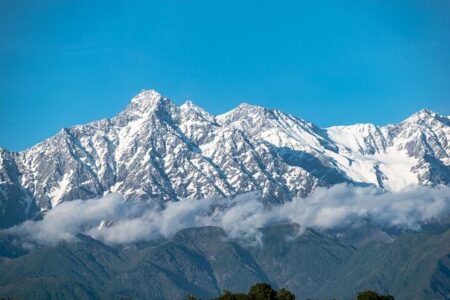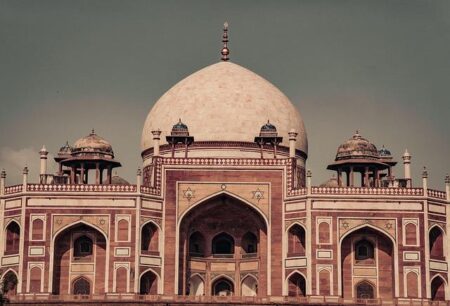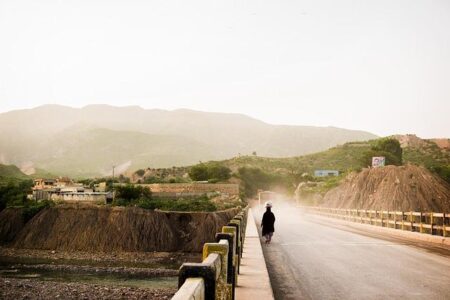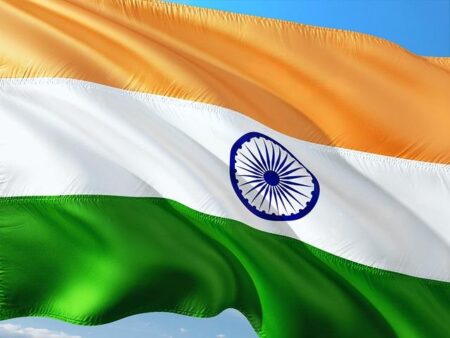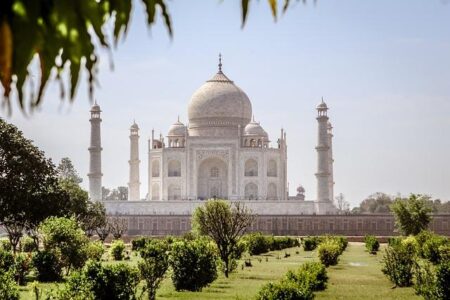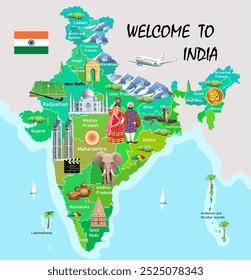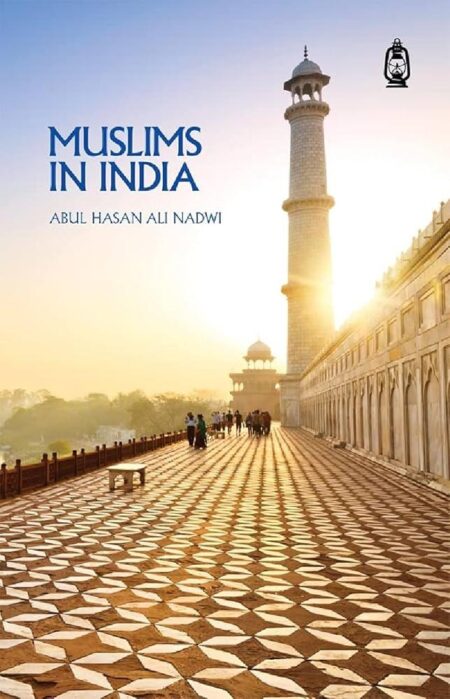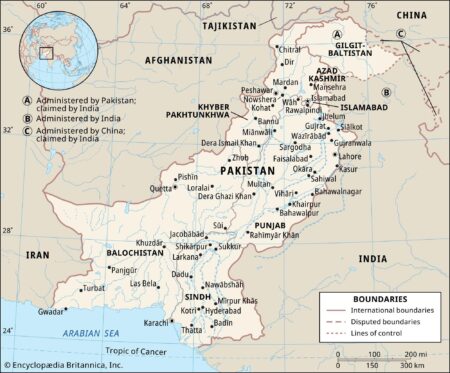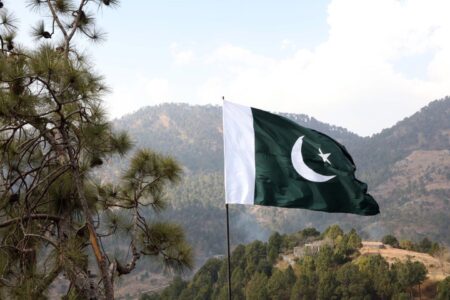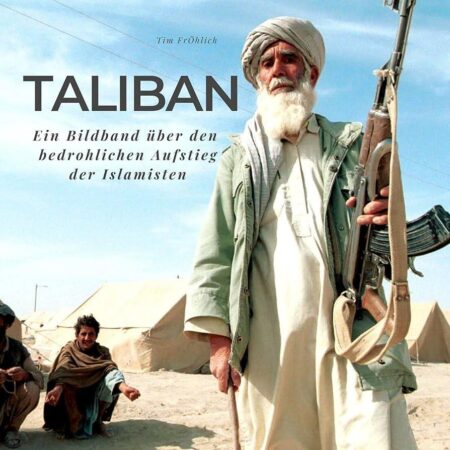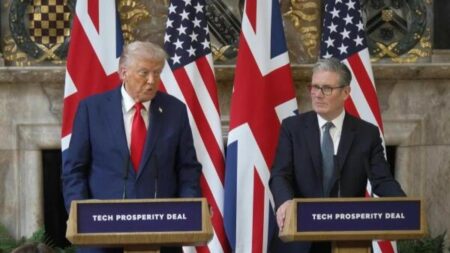India’s dominant position in the global rice trade is placing tremendous strain on its already overburdened water resources, igniting urgent fears of a looming water crisis that could jeopardize agriculture and the livelihoods of millions who rely on this essential crop
Browsing: South Asia
India’s move to partially suspend visas for Bangladeshi nationals underscores growing worries over recent unrest in Bangladesh, signaling a shift toward tougher security measures as regional tensions escalate, officials reveal
The rupee’s sharp dive against the dollar shines a spotlight on India’s growing economic struggles, exposing soaring inflation concerns, wavering investor confidence, and significant hurdles ahead for policymakers, Asia Times reports
Tensions are rising sharply along the India-China border, with fresh military buildups signaling a potential flashpoint. Although diplomatic talks are still underway, the shadow of conflict grows ever darker
Israel has urged India to officially designate Hamas as a terrorist organization, spotlighting its alleged ties with the Pakistan-based militant group Lashkar-e-Taiba (LeT), NDTV reports. This move aims to strengthen cooperation in the global battle against terrorism
Pakistan is spearheading a daring new South Asian alliance that intentionally leaves India out, aiming to ignite stronger regional cooperation despite ongoing tensions. Experts remain split on whether this move will reshape the region’s geopolitical dynamics or push Pakistan into deeper isolation than ever before
India has strongly dismissed Pakistan’s claims of being denied airspace for its humanitarian aid to Sri Lanka, labeling them as “ridiculous.” Indian officials emphasized the smooth and uninterrupted transit of relief supplies, directly countering Islamabad’s assertions, NDTV reports
The Times of India draws a compelling comparison between India and Pakistan’s nighttime satellite images, likening them to the stark contrast seen between “North and South Korea at night.” This striking imagery vividly highlights the vast differences in development and electricity access between the two countries
As India and China eased tensions, Beijing quietly pressed ahead with subtle border advances, raising alarm among Indian critics. They warn that these maneuvers could undermine the hard-won diplomatic progress achieved amid warming ties
Amid the stalemate in Afghan-Pakistan talks, India has once again reaffirmed its unwavering support for Afghanistan’s sovereignty and territorial integrity, urging peaceful dialogue to pave the way for lasting stability in the region, NDTV reports
India’s recent outreach to the Taliban marks a daring strategic leap designed to diminish Pakistan’s influence in Afghanistan. Experts are now buzzing with debate over whether this breakthrough can be sustained long-term to decisively sideline Pakistan once and for all
In India, countless Muslims are facing charges just for saying “I love Muhammad,” sparking a wave of outrage over what many see as a severe government crackdown on religious freedom. These cases reveal a troubling rise in intolerance and growing limits on free speech
In a recent address, former President Trump mistakenly announced that India had declared a ceasefire, confusing the intricate dynamics between Pakistan and Iran. This surprising slip ignited a flurry of reactions amid escalating regional tensions. Watch the full video
Brazil’s president is preparing for an exciting visit to Bangladesh, set to spark stronger connections through boosted trade, investment, and lively cultural exchange. This journey is poised to strengthen cooperation and unlock fresh opportunities between the two nations, Anadolu Ajansı reports
China has expressed deep concern over the recent clashes between Pakistan and Afghanistan, urging all parties to exercise restraint and engage in peaceful dialogue. The foreign ministry emphasized that maintaining regional stability is more crucial than ever
Pakistan has lodged a formal protest with Kabul, expressing strong objections to the recent India-Afghanistan talks. Islamabad views the joint statement as a bold move that threatens regional stability and has stirred significant unease
A Taliban minister visiting India sent a bold and impactful message to Pakistan on terrorism, passionately advocating for regional peace and strongly denouncing cross-border militancy-an extraordinary and memorable diplomatic statement delivered right on Indian soil
Former President Trump’s proposal to maintain US airbases in Afghanistan has surprisingly united India, Pakistan, and China in a rare display of solidarity. All three countries are standing strong against the continued American military presence in the region, South China Morning Post reports
Former President Trump claimed that the US was a key player in maintaining peace between India and Pakistan, emphasizing tariffs as a powerful factor. His remarks sparked a spirited debate about America’s role in shaping diplomacy across South Asia
At the UN General Assembly, tensions soared as India and Pakistan clashed fiercely over the issue of terrorism. India vehemently condemned the Pahalgam attack and urged Pakistan to take swift, decisive action against terror groups operating within its territory


